“No one should be wearing a t-shirt here in November!”
Diogo interviews Christiaan Luteijn, Expedition Guide and Ship’s Medic
Diogo
What’s your background, Christiaan? What led you here?
Christiaan
I’m from the Netherlands, originally. My parents had a beach club when I was a kid, so I basically lived on the beach! I guess that was the beginning of my connection to the sea. Later on I decided to study medicine because I love working with people. Being a ship’s medical assistant and expedition guide combines my two passions.
Diogo
Can you tell us something most people might not know about Antarctica?
Christiaan
Well, a fun fact would be that Antarctica is actually the only continent without bears, because it broke away before they evolved. The name Arctic comes from the Greek word Arktos, which means ‘bear’ – and Antarctica means ‘no bears’.
Here’s another, less fun fact:
The Antarctic peninsula is the second fastest warming place on earth.
Diogo
I think many people would be surprised to discover a place they associate with extreme cold is heating up so quickly. Have you witnessed the impact of global warming on Antarctica and its ecosystems over the years?
Christiaan
Definitely. No one should be wearing a t-shirt here in November! I forgot to wear sunscreen once and came back to the ship totally burnt. (This was mostly due to the gap in the ozone layer – which is still there even though the Montreal Protocol of 1987 banned the use of CFC chemicals.) But none of this would be surprising for anyone who’s been paying attention.
Between 1975 and 2022, some of the glaciers outside South Georgia have retreated more than two kilometres. Some are actually forming lakes. According to the National Snow and Ice Data Center (NSIDC), Antarctica now has the lowest sea ice on record.
We had a cruise in the Weddell Sea and we saw this big iceberg for miles and miles. And in January this year the Larson B Ice Shelf broke up. It’s shocking to see.
Diogo
What’s so special about Antarctica?
Christiaan
It’s not ruled by anyone – it belongs to all of us. The continent is protected under the Madrid Protocolas part of the Antarctictreaty, which is up for renewal in 2041. Until then, the world has agreed to preserve Antarctica for tourism and research instead of exploiting it for natural resources.
We need to keep it that way.
Diogo
What does this place mean to you?
Christiaan
Antarctica has reconnected me to nature and given me a fresh perspective on life. It’s just so beautiful and pristine, virtually untouched by civilisation. However, even though there are very few humans here, it’s not safe from human impact. What people do thousands of miles away has very real consequences.
Antarctica is a place where people who care about climate change can connect, work together, and really make a difference for the rest of the world.
Some people can’t wait to see their first penguin, or whale, or marvel at the icebergs. Obviously appreciating the beauty of nature is really important. But it’s also fundamental to not harm Antarctica throughout this learning process in the continent. Our goal is to raise awareness that these things are all threatened by global warming.
That’s why I educate visitors about alarming phenomena like glacial retreats and decreasing sea ice. It’s a good way to open people’s eyes and create ambassadors for Antarctica.
Diogo
How was the transition from living in the outside world to living on a ship for a couple of months?
Christiaan
It’s very different of course. Although I’d say the change from ‘city life’ to ‘ship life’ is less impactful than going from the ship back to the city. You’re going from quite structured days to a life that’s so diverse.
The days here are incredible, though. You get the energy from it and meet so many new people. I work seven days a week but it doesn’t feel like it.
We don’t go off into port now because of COVID. But every day you visit a new incredible spot in the Antarctic, South Georgia, Falklands, Malvinas…
It feels like the ultimate freedom to me.
Diogo
What do you hope to accomplish after this expedition?
Christiaan
When I complete my medical studies I’d like to become a doctor for the British Antarctic Survey in South Georgia and contribute to Antarctica research. The more we know, the more we can do.
